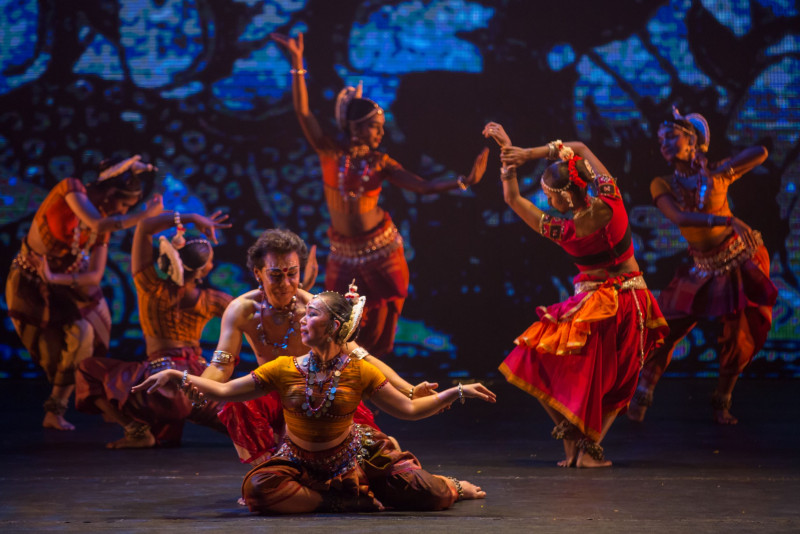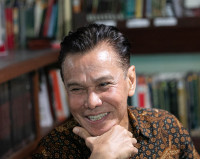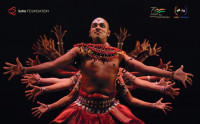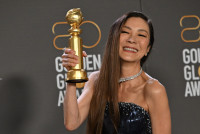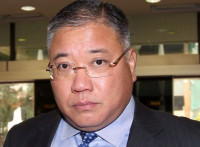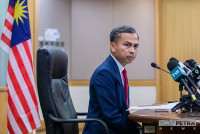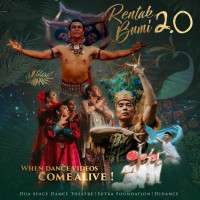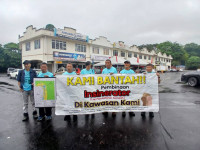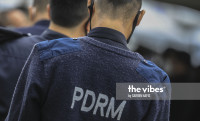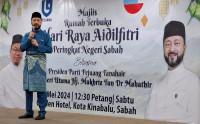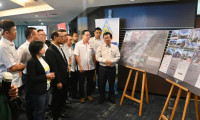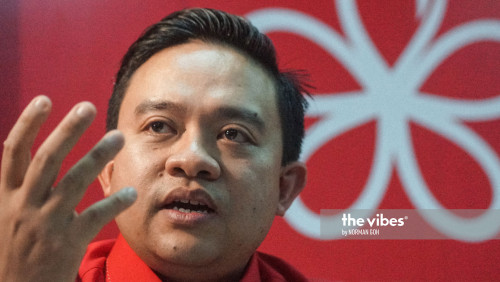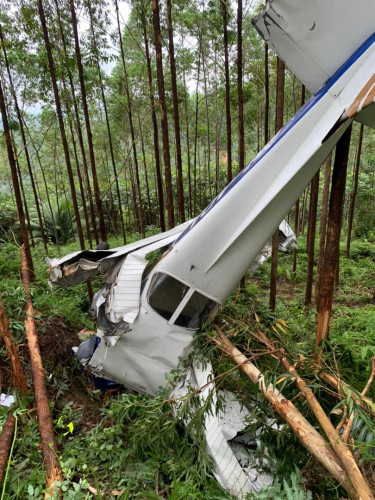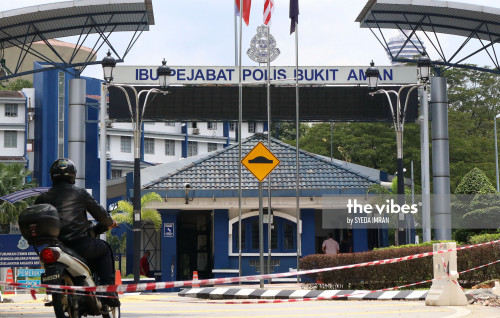TO be physically healthy, we are told that we need a balanced diet. At school, we are taught that our bodies need the right amount of protein, carbohydrates and fats to develop and grow. For our systems to function well, our intake must also contain the right amount of trace elements and vitamins. Though the two latter ingredients are required in small amounts, they are vital to regulate and coordinate the total function of our physical and nervous systems so that our bodily functions may remain well-balanced and healthy.
In the same way, metaphorically, Arts and Culture are these very trace elements and vitamins that we must consume as foods for the soul, so that we are able to lead physically, mentally and emotionally, a healthy and relatively contented life.
The ‘happiness’ equation of a person is unique to that individual and consists of an incalculable number of variables affected by our constantly changing environment. As such, the index of ‘comfort level’ is almost impossible to determine. For example, how, in our perennially sunny and warm Malaysia are we less ‘happy’ than the bleak and cold Scandinavian countries? This leads me to think, that these complex ‘indicators’ of human contentment are in fact related to the subtle presence of Arts and Culture in our lives.
Arts and Culture are the rich soil that fertilise the inner landscape of our minds. They affect how we think and carry out our lives in the deeper and richer sense of the word ‘live’. They enrich our tastes and form the basis for preferences and passions. They link us to our inherent personality. The presence of Arts and Culture nourishes the plants in the garden of our conscious and unconscious mind. They symbiotically connect the various logistics – physical, emotional and psychic – to impact our psyche.
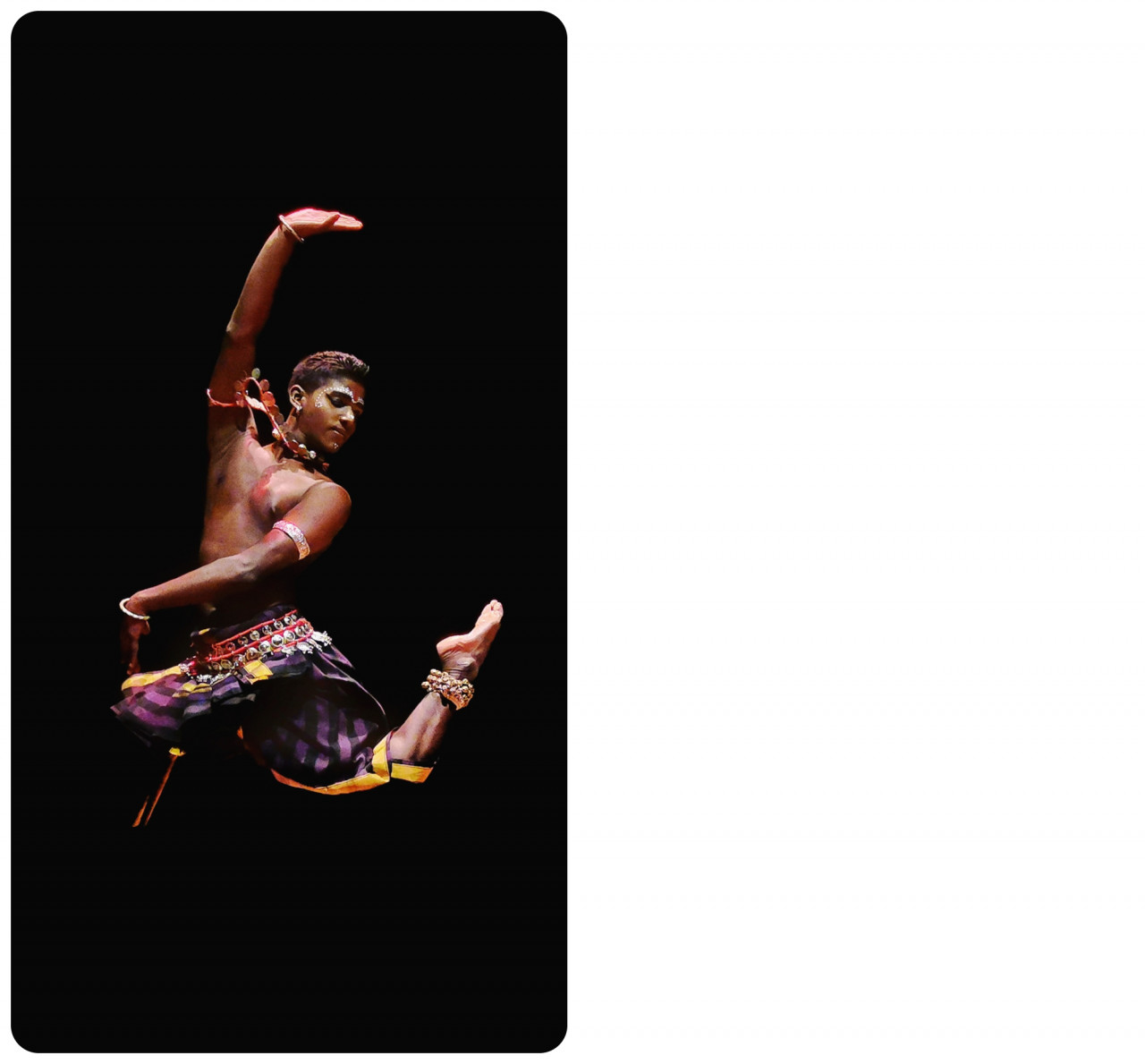
Through them, we develop the psychological ‘muscles’ so to speak, to deal with and accept our complex existence in relation to space and time; joy and sorrow; success and failure; birth, death and rebirth.
And through authentic artists and performers – deliverers of this potent elixir of Arts and Culture, both traditional and modern – we are invited to reflect on the diverse human condition as the metaphor of Life. Art sings the Song of the Universe – the most authentic meal that sensitises our humanity so that we become aware of, and are eventually able to embrace, the complexities of Life.
Arts and Culture open us to further learning and teach the individual to converse with himself first – to be introspective so that he may understand the disposition of his own nature as well as human characteristics as a whole. They transform the individual. Through its mediums, the individual may experience ephemeral glimpses of painful beauty and terrifying truth.
Yet, this is how an individual becomes enlightened, broadened and consequently affects society. Society becomes more evolved as the number of ‘enlightened’ individuals increase. It is the nourishment that expands our mental and emotional capacity to embrace diversity and enable us to partake in Life without dogmatic judgements.
Unlike the world of digital technology on which we now binge, Arts and Culture are not about consumption of information. It is about transformation. Unlike in the world of Artificial Intelligence or AI, Art invites you to ponder the nature of the Authentic instead of the Artificial. So just as we are taught to nourish our physical, we must also be taught to nourish our souls. And this is possible through the the inculcation of positive, universal values in our education system.
In Malaysia, we have somehow lost our value systems through the constant and gradual exposure to rabid corruption, lack of ethics, accountability and responsibility – and with it our karmic health. We seem to have thrown our values out of the window even while religious indoctrination has increased.
It is truly unfortunate when policymakers have so little creativity and imagination that they are unable to fathom the variables of the complex equation of true happiness and success, but instead consign their decisions on the flawed indexes of quantity and money as the sole measure of human success.
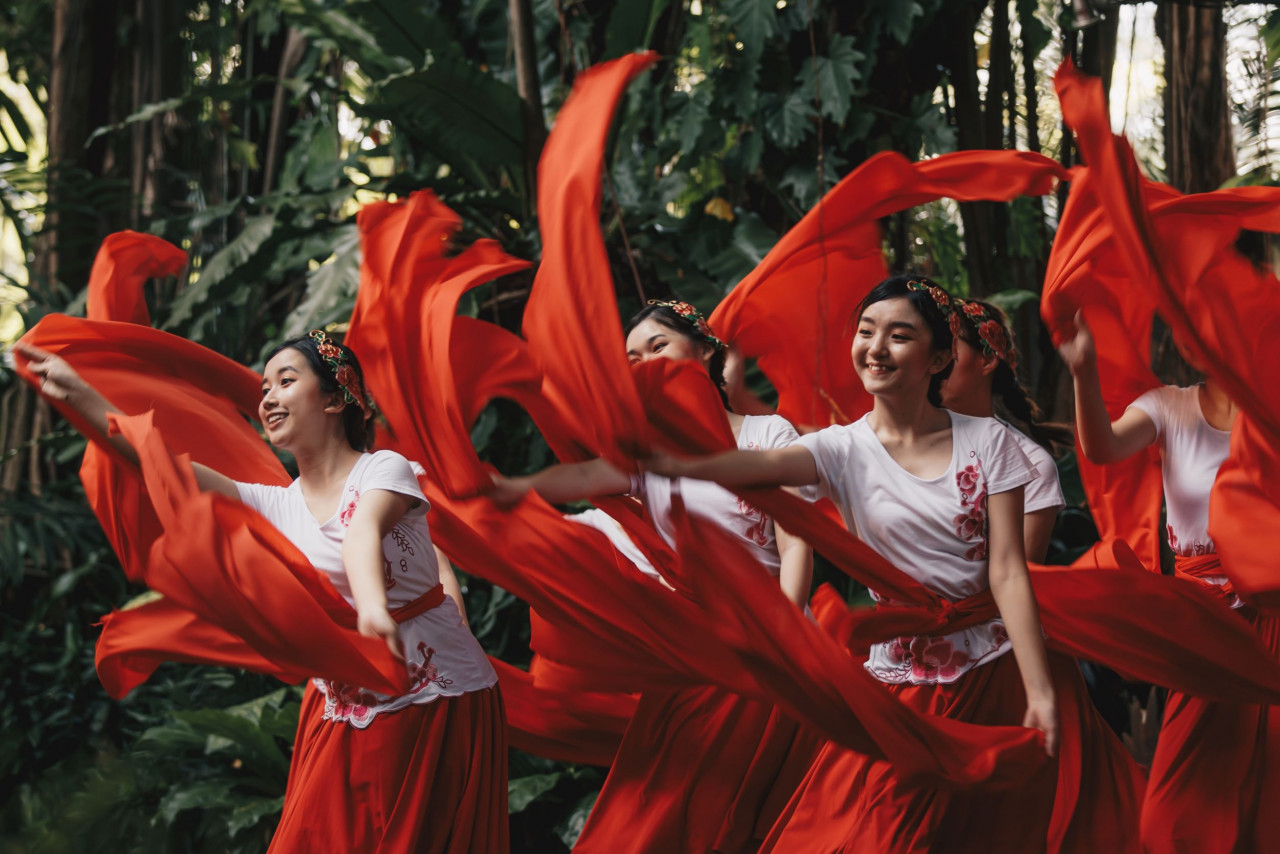
Over the decades, Arts, Culture and the Social Sciences have been taken over by the dogmatic tenets of religions in advocating the moral and ethical responsibilities of the individual. In contrast to dogmatic fears of influence, Arts and Culture do not promote the concept of ‘the other’. Rather, they encourage the acceptance of diversity and inclusivity of life.
In the present climate of ideological extremism, Art and Culture are truly the positive forces which have sustained our civilised values and ethos in an inclusive society. They represent universal ‘spirituality’ and common human goals of the contemporary Era. And so we should not be surprised, when we reject the human need for creative nourishment by wielding religion as political tools of divisiveness, that the consequence is only more suffering and killing.
In the present climate of ideological extremism, Arts and Culture represent the levelling factors that act as antidote to dogmatic stances, moderating our temperament towards civilised behavior through narratives, parables and literature. They contain positive prudence that sustained our civilised values and ethos, reminding us of the pertinent need to embrace an inclusive and diverse world.
In the end, where does this leave us in formulating a diet for our souls? While we pump our bodies with the latest superfoods and protein shakes, we should take care not to leave out the superfoods for our soul which imbue in us much needed compassion and courage to explore beyond familiar boundaries.
While we teach our children about eating a balanced diet, we also need to cultivate them to be holistic healthy personalities, sensitive to the increasingly diverse ecosystem of modern society. This is the moral responsibility of our educators, and those in power, to affect a collective change in our continuous journey of education towards becoming a more civilised and humane race. – The Vibes, August 27, 2021
Datuk Ramli Ibrahim is the Sutra Dance Theatre artistic director



